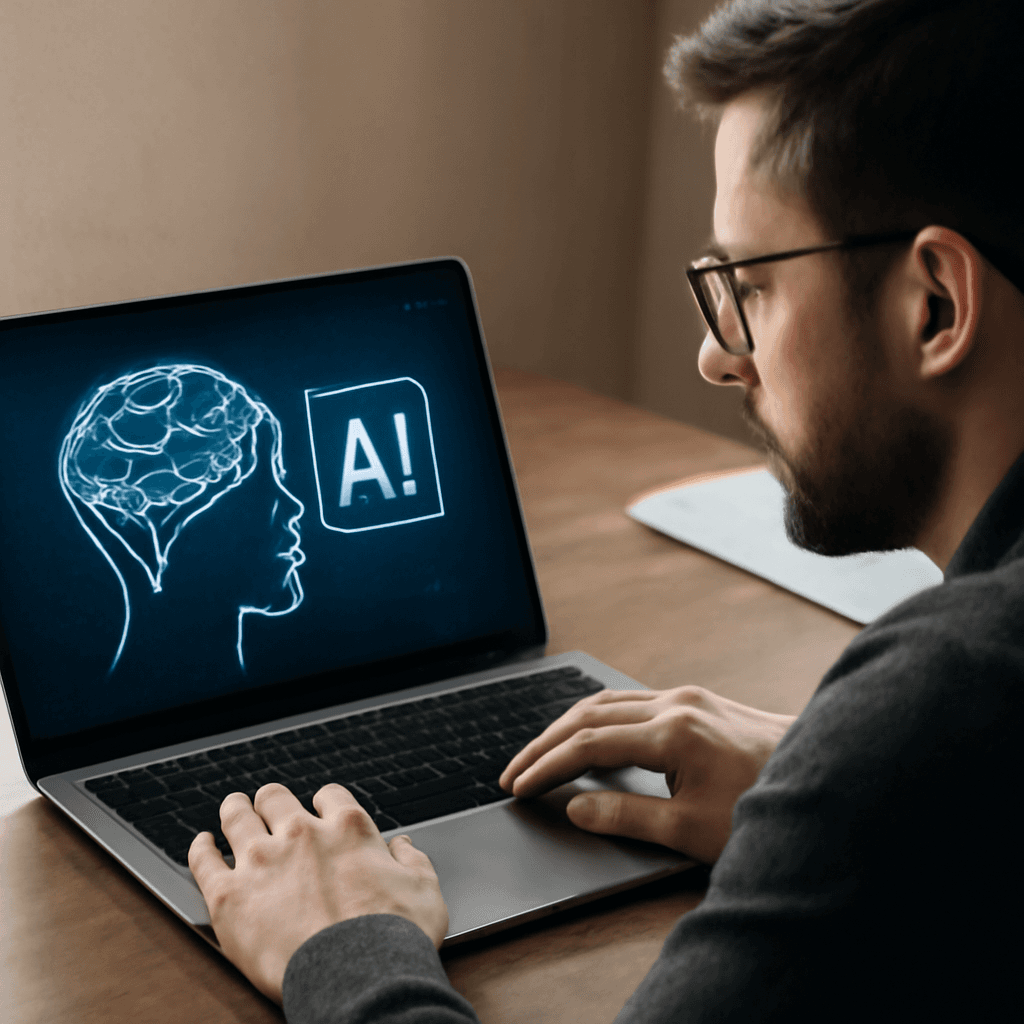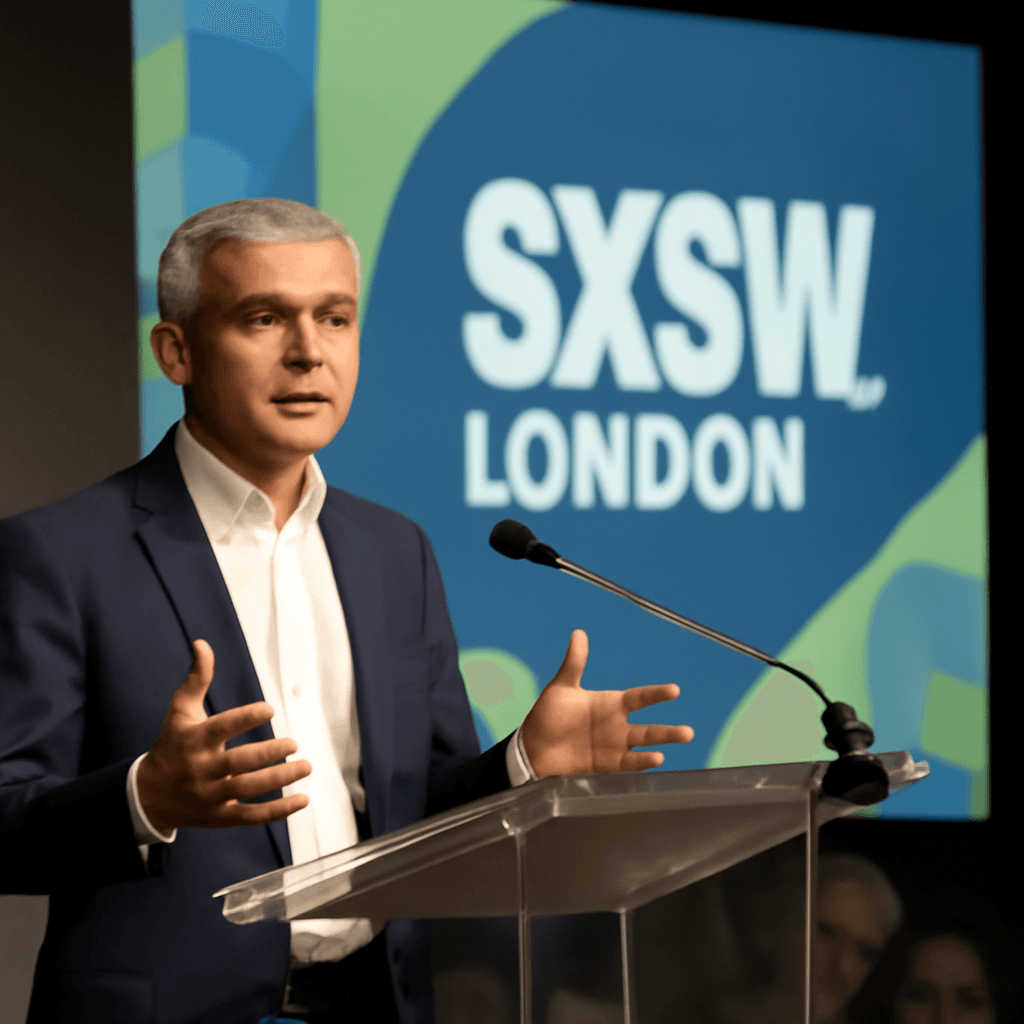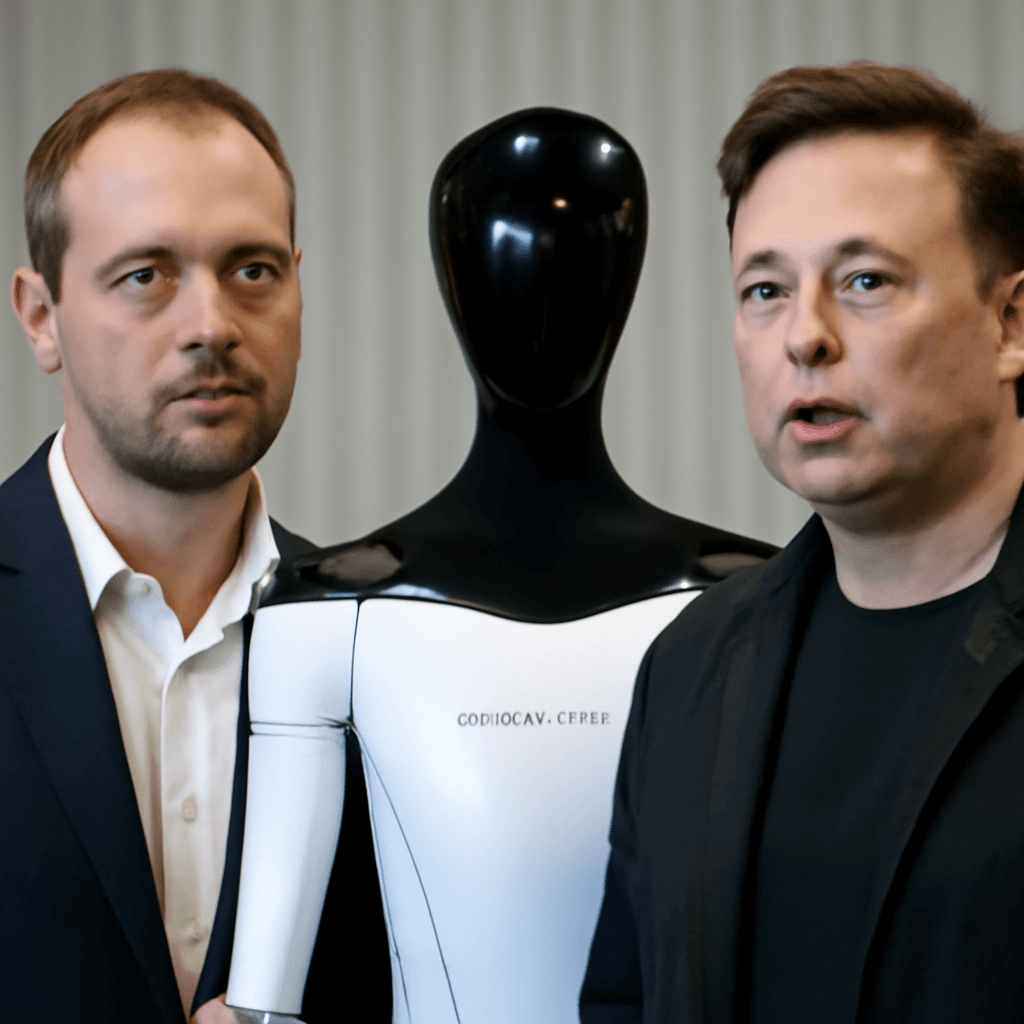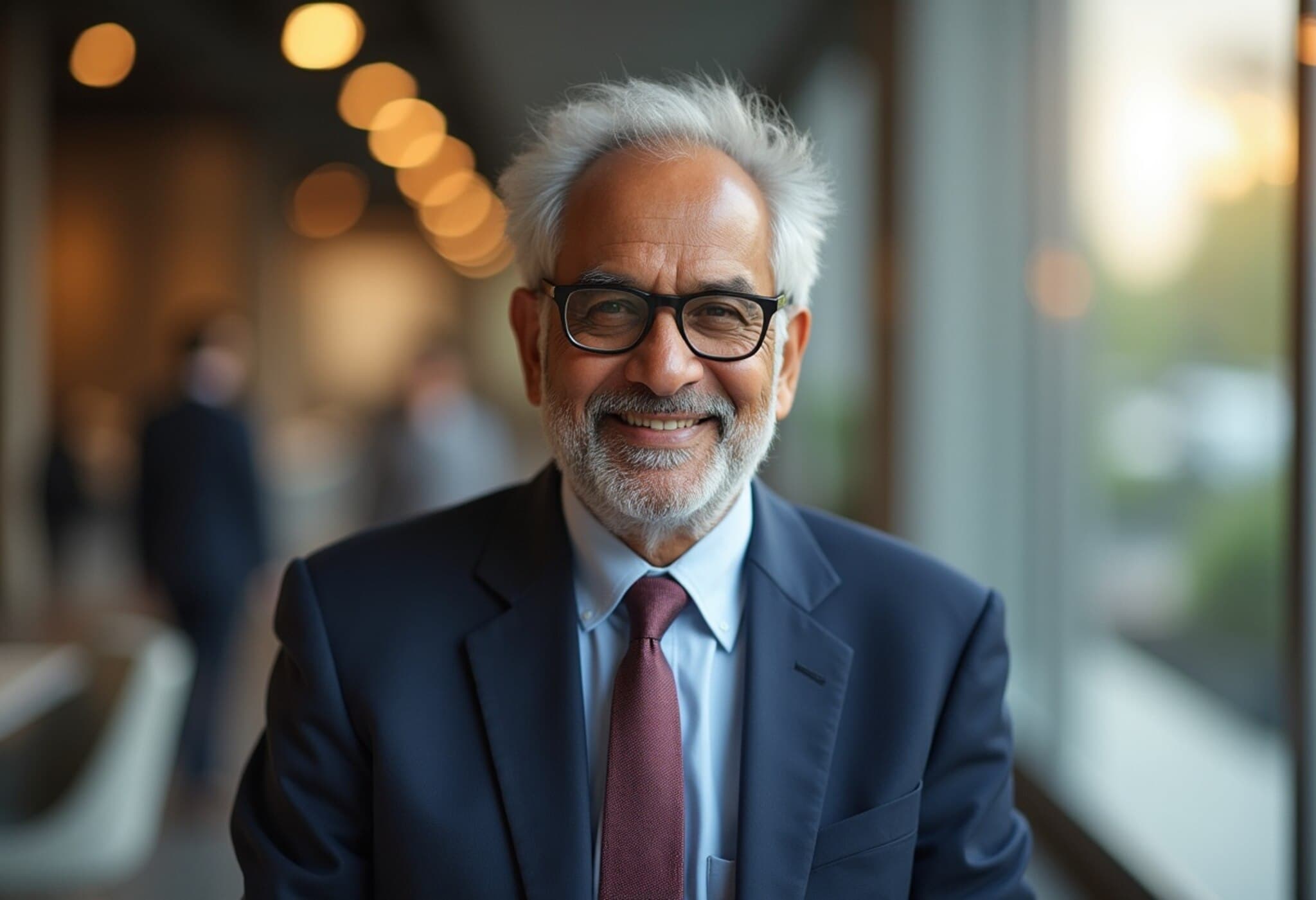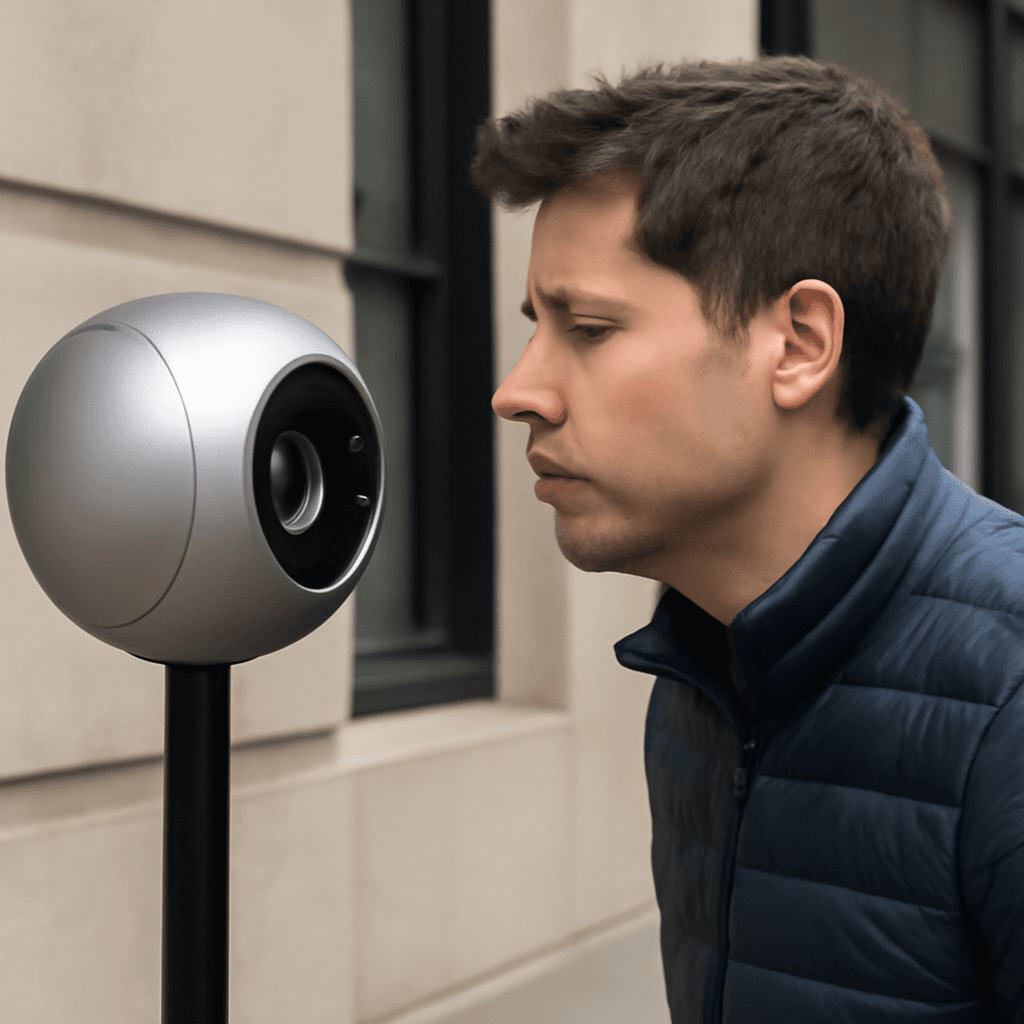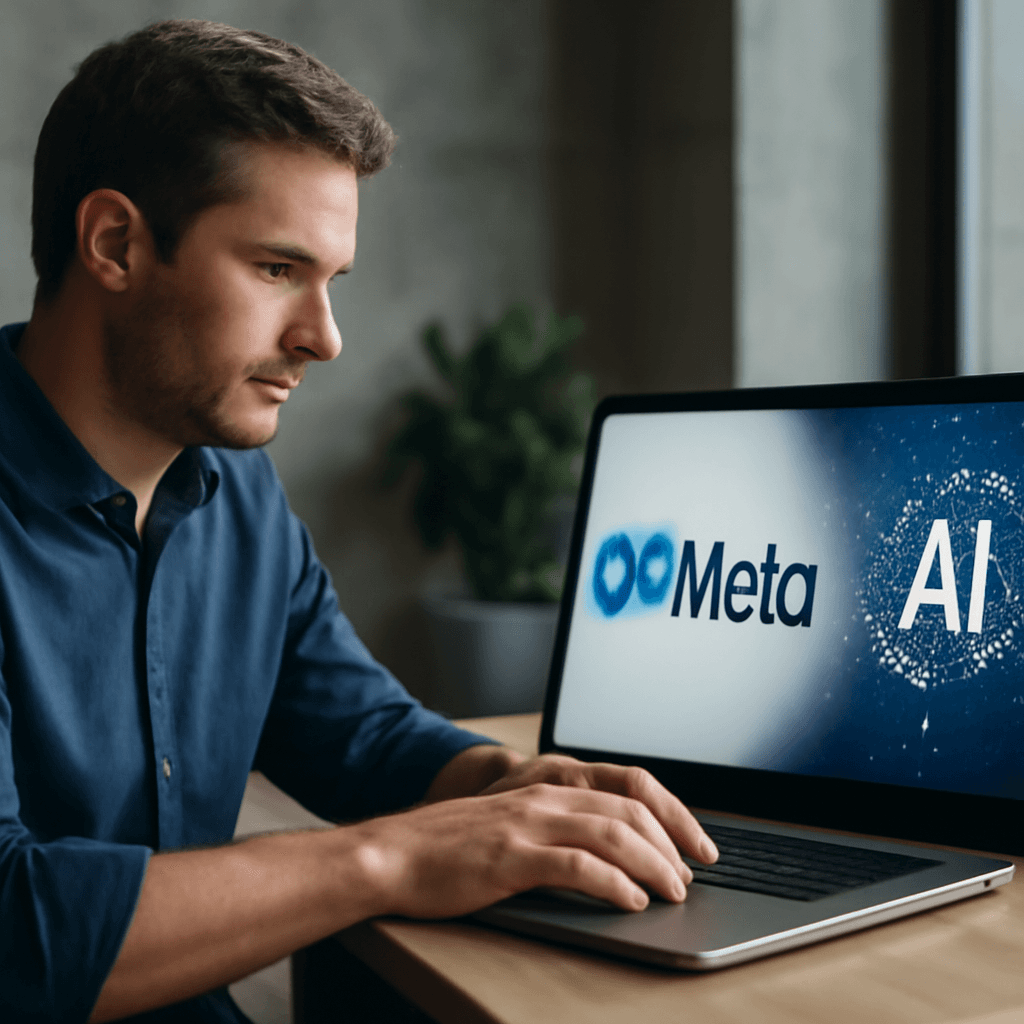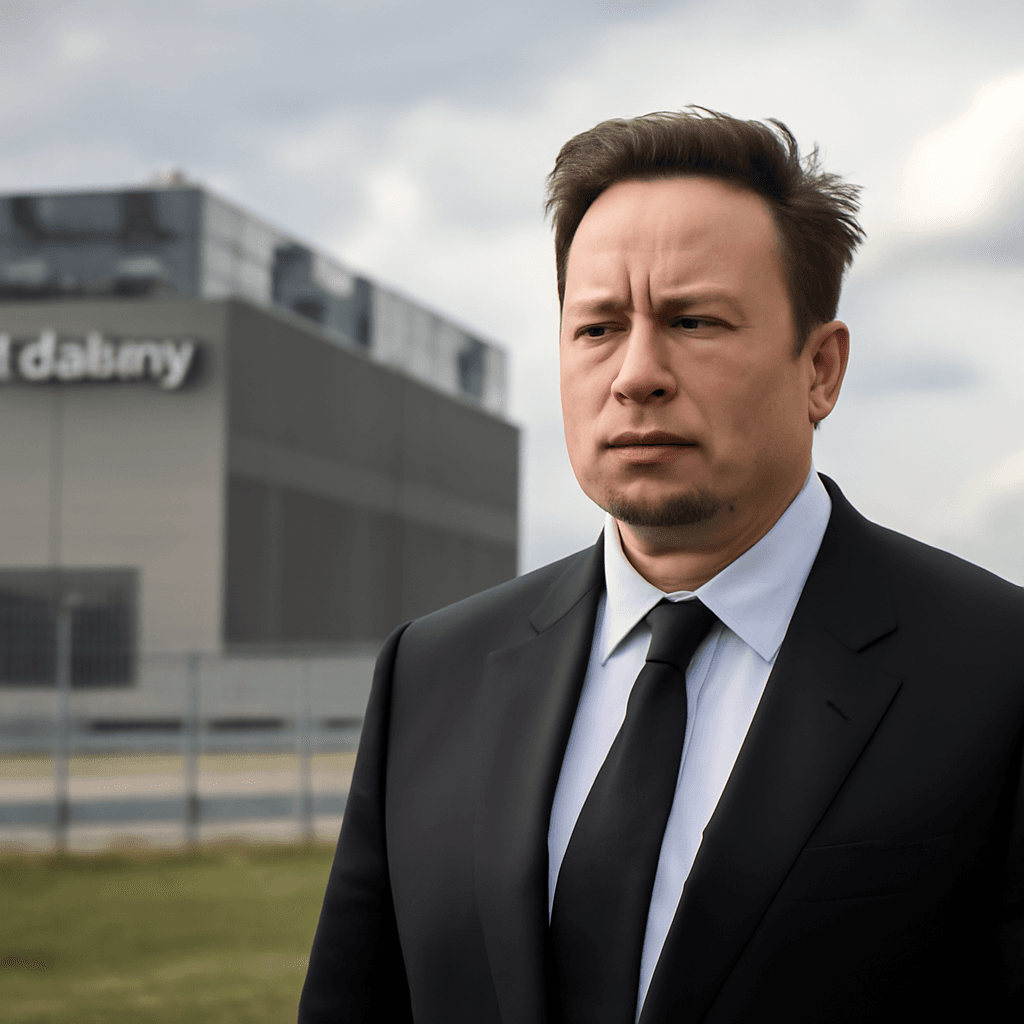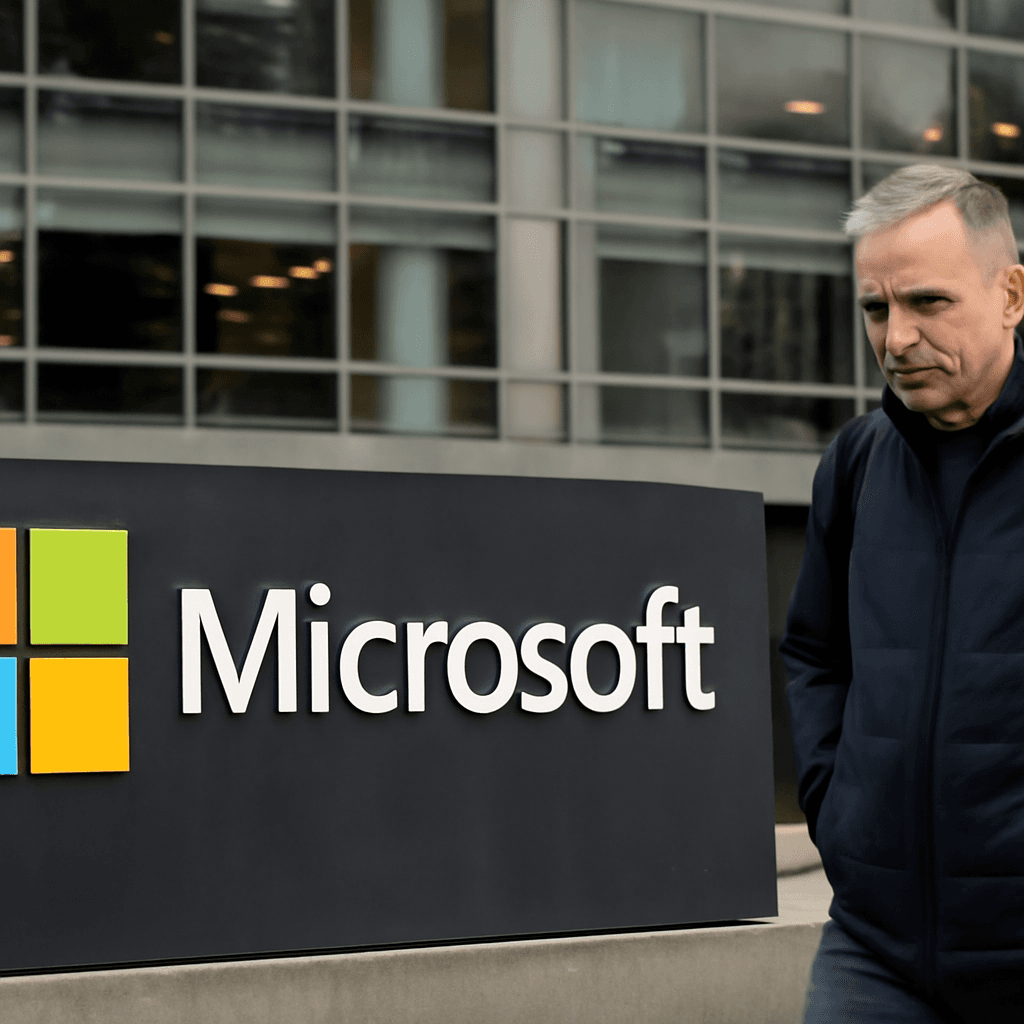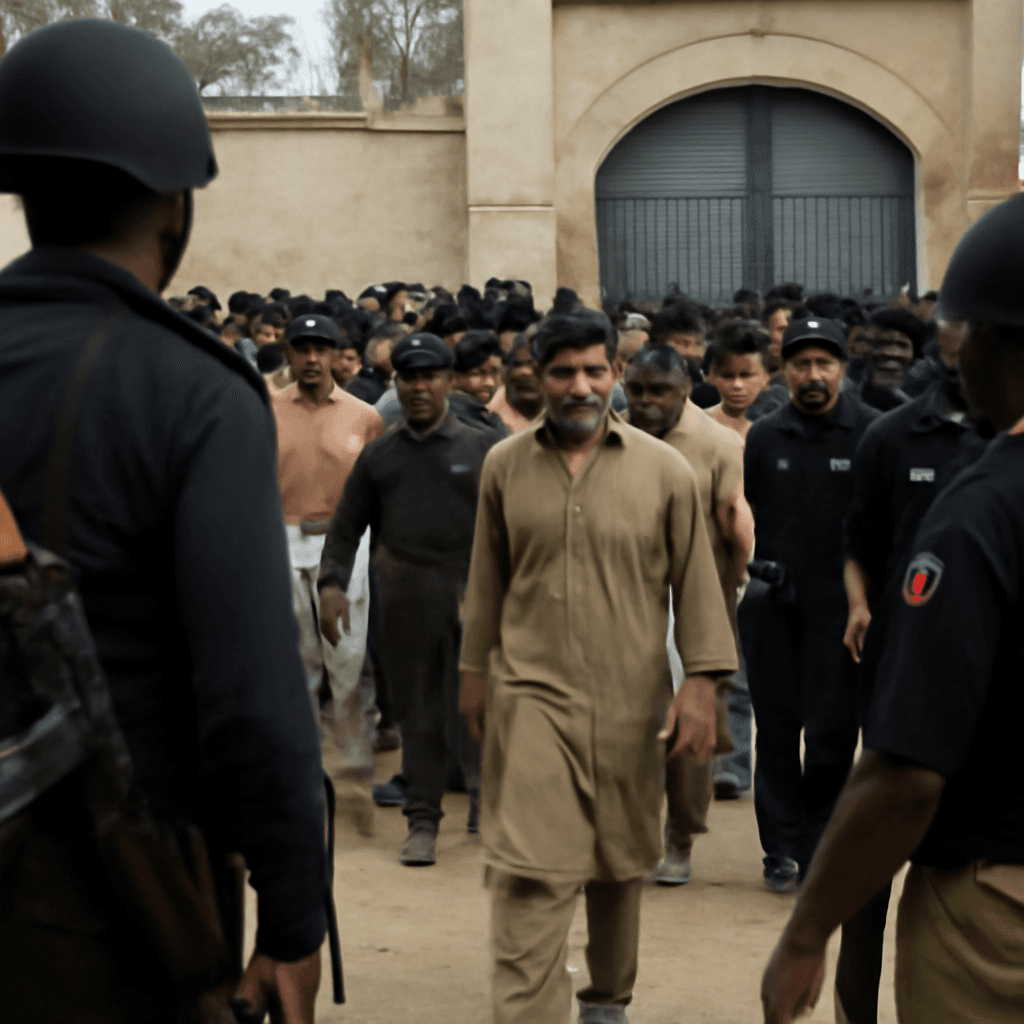The Role of AI in the Emerging Cognitive Revolution
Artificial Intelligence (AI) has rapidly advanced, transforming countless aspects of our daily lives. While AI technologies deliver swift solutions, such as generating summaries, producing designs, or drafting scripts, their outputs often lack true originality. Instead, they risk fostering a homogenized intellectual environment characterized by mediocrity and conformity.
Parallels with the Industrial Revolution
The current AI-driven transformation echoes the Industrial Revolution, which mechanized production and enabled mass manufacturing. Although it enhanced efficiency, it also often diminished individuality and craftsmanship. In a similar fashion, AI's automation of cognitive tasks raises concerns about sacrificing the nuances and depth that define exceptional human creativity.
Understanding Algorithmic Limitations
Despite the name, AI does not possess consciousness or genuine thought. Instead, generative AI tools operate by analyzing vast datasets of existing human-created content and predicting statistically likely outputs. These models effectively mirror and recombine prior human work without generating fundamentally new ideas. This limitation explains why AI excels at producing competent yet derivative content such as emails, presentations, and advertisements where originality demands are low.
AI’s Dual Impact on Creativity
Research indicates AI can enhance creativity by generating a higher volume of ideas compared to traditional methods like web searches or unaided brainstorming. However, this comes with a significant trade-off: AI tends to narrow the diversity of concepts produced, favoring conventional or mainstream perspectives. Such convergence challenges the vital process of exploring unconventional ideas necessary for breakthroughs.
Additionally, AI systems often reflect biases embedded within their training data, predominantly shaped by affluent, English-speaking cultures. This bias restricts the scope of creativity and idea generation even further.
Moreover, overreliance on AI may inadvertently alter human decision-making processes. Studies show that users exposed to flawed AI recommendations may continue to adopt these errors unconsciously, illustrating how reliance on AI can propagate and reinforce mistakes.
Preserving Human Creativity in an AI-Driven World
Authentic innovation and research involve conceptual leaps, interdisciplinary exploration, and experiential learning—qualities beyond AI’s current capabilities. While AI can remix and summarize past knowledge, it cannot invent entirely new paradigms or predict unforeseeable futures.
The key challenge is cultural: safeguarding the irreplaceable value of human insight in an era flooded with synthetic content. Historical lessons from industrialization provide perspective; although mechanization displaced many jobs, it also enabled new professions, education, and economic opportunities.
Similarly, AI could assume routine cognitive tasks, freeing humans to tackle complex creative endeavors or to develop novel evaluation criteria for AI outputs. As AI models evolve rapidly, the responsibility rests with professionals, educators, and policymakers to guide this cognitive shift thoughtfully.
Looking Ahead: Dependency or Renaissance?
Whether AI catalyzes an intellectual flourishing or ushers in a decline marked by conformity remains uncertain. The future hinges on how society integrates these technologies while nurturing human creativity and critical thinking.
Key Takeaways
- AI excels at producing fast, competent, but often derivative outputs.
- Automation risks fostering mediocrity if users accept 'good enough' as the norm.
- AI can boost creative productivity but may reduce idea diversity and reinforce biases.
- Dependence on AI might unconsciously alter human judgment and problem-solving.
- True creativity requires qualities beyond AI’s current capabilities, such as cross-disciplinary thinking and real-world experience.
- The challenge is cultural: maintaining human originality amid algorithmic content abundance.

